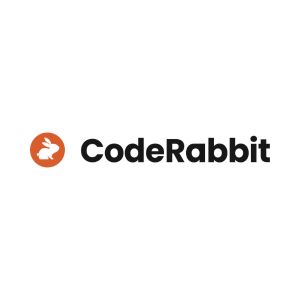Startups & Business News
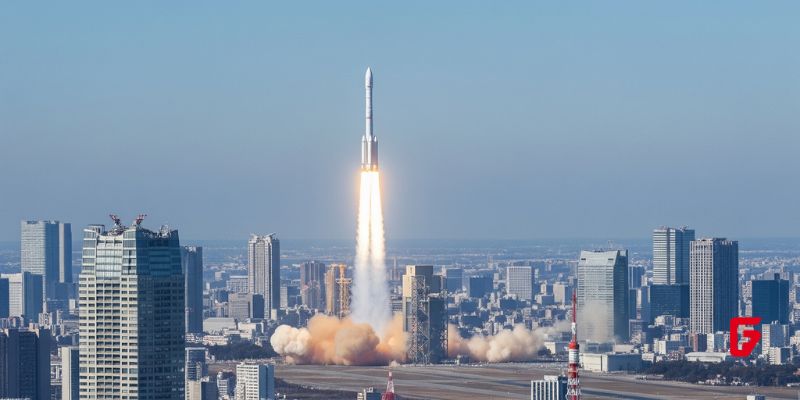
Japan’s private space sector just got a major boost: Interstellar Technologies has landed a $62 million Series F funding round, led by Sumitomo Mitsui Banking Corporation, Space Frontiers Fund II, and Japanet Holdings, marking one of the largest investments in the country’s commercial space industry to date. This fresh capital signals a pivotal moment for Japan’s ambitions in orbital launch technology, and positions Interstellar as a key player in the global race for affordable, reliable access to space.
“Interstellar has been at the forefront of private space transportation in Japan, becoming the first domestic private company to reach space. As we look to expand our rocket and satellite communications businesses globally from our base in Taiki, Hokkaido, working with the best partners is essential. – Takahiro Inagawa, Director of the Board, Chief Executive Officer, Interstellar Technologies
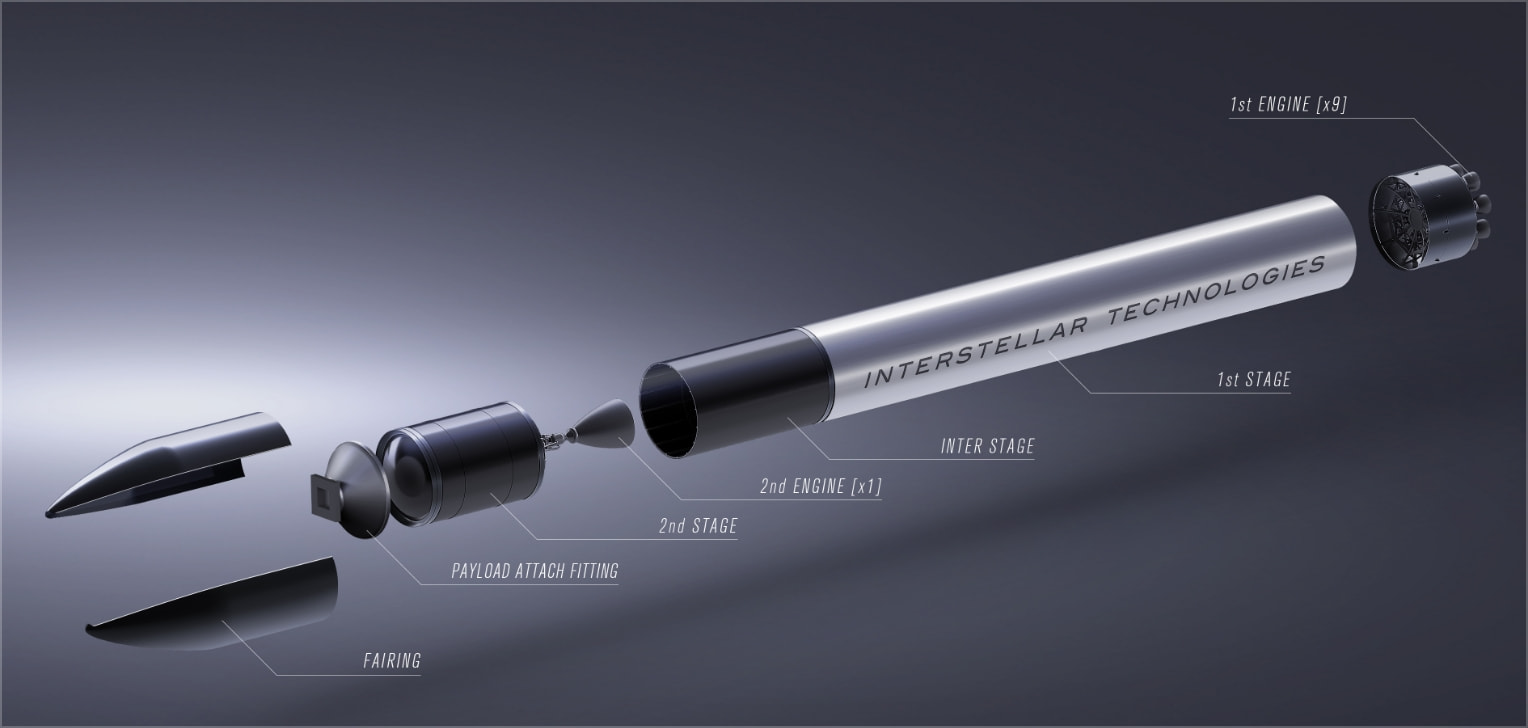
Why This Funding Matters
The $62 million investment—led by major Japanese venture capital firms and strategic partners—underscores growing confidence in private launch providers as governments and commercial operators seek alternatives to established giants. Interstellar’s focus: developing cost-effective, reusable rockets capable of delivering small satellites to orbit. As the demand for satellite launches surges worldwide, the ability to offer flexible, on-demand launch services is more valuable than ever.
What Sets Interstellar Apart
Founded in 2013, Interstellar has steadily built a reputation for engineering innovation and lean development cycles. The company’s flagship vehicle, the ZERO rocket, is designed for low-cost, high-frequency launches—a crucial capability as satellite constellations multiply and the market for micro-launchers heats up. By leveraging domestic manufacturing and modular design, Interstellar aims to drive down launch costs and make space more accessible for startups, researchers, and government agencies alike.
Strategic Impact for Japan’s Space Industry
This funding round is not just a win for Interstellar, but for Japan’s broader space ecosystem. It reflects a shift toward private-public collaboration, with government agencies increasingly looking to homegrown startups for orbital delivery solutions. As global competition intensifies—especially with the rise of SpaceX, Rocket Lab, and emerging players in Europe and China—Japan is betting on agile, innovative companies to secure its place in the new space economy.
What’s Next for Interstellar?
With new capital in hand, Interstellar plans to:
Accelerate development and testing of the ZERO rocket.
Expand manufacturing capacity for higher launch cadence.
Pursue international partnerships to broaden market reach.
Invest in advanced propulsion and reusability technologies.
The company’s roadmap includes commercial launches for domestic and international clients, with an eye on serving the rapidly growing small satellite market.
Key Takeaways
Interstellar’s $62 million Series F round is a milestone for Japan’s private space sector.
The company is focused on low-cost, reusable launch vehicles for small satellites.
Demand for flexible, on-demand launches is driving investment in private providers.
Japan is leveraging startup innovation to compete on the global stage.
As the space industry evolves, Interstellar’s progress will be watched closely—not just by investors, but by anyone tracking the future of affordable, accessible orbital launch.

futureTEKnow
Editorial Team
futureTEKnow is a leading source for Technology, Startups, and Business News, spotlighting the most innovative companies and breakthrough trends in emerging tech sectors like Artificial Intelligence (AI), Robotics, and the Space Industry.
Discover the companies and startups shaping tomorrow — explore the future of technology today.
Most Popular
Trending Companies
Latest Articles
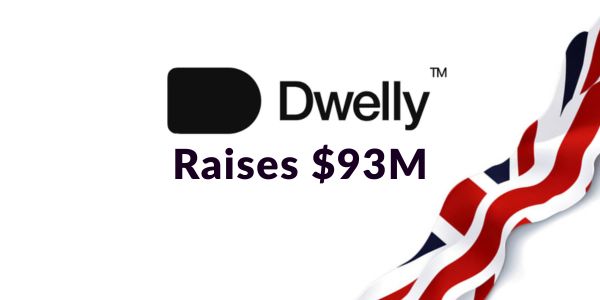
Dwelly Raises $93M to Supercharge AI-Powered UK Rentals Roll-Up
London startup Dwelly just landed $93M to snap up UK rental agencies and inject AI smarts. Founders from Uber and

Encord Raises $60M Series C: Fueling Physical AI Data Wave
Encord just landed $60M in Series C funding to supercharge data tools for physical AI. Founders Eric Landau and Ulrik

Foodforecast Raises €8M Series A to Slash Ultra-Fresh Food Waste with AI
Foodforecast, a Cologne AI foodtech firm, just scored €8M in Series A funding led by SHIFT Invest. Their tools predict

AI-Driven Operational Excellence: How Leaders Scale Ownership, Discipline, and Continuous Improvement in 2026
In 2026, AI scales operational excellence fundamentals—clear ownership, disciplined execution, and continuous improvement—letting leaders focus on outcomes while systems handle

VoiceLine raises €10M to scale voice AI for enterprise frontline teams
Munich-based VoiceLine has closed a €10M Series A round to grow its voice AI platform for frontline sales and service

AI-Driven Logistics & Distribution Transformation: From Insight to Scalable Impact
AI is redefining logistics transformation—from network design to real-time execution. This article explores how data-driven insight, intelligent automation, and scalable
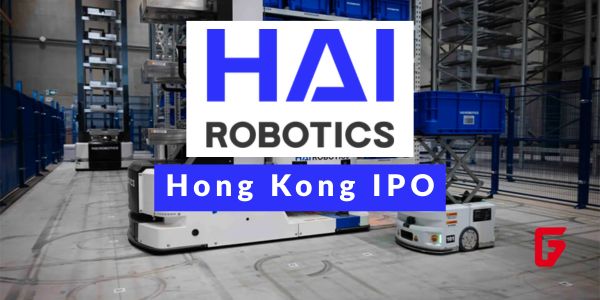
Hai Robotics Hong Kong IPO: From Startup Funding to Warehouse Robot Leader
Shenzhen’s Hai Robotics, pioneer in ACR warehouse robots, files for HK IPO after raising over $500M in funding rounds led

AI-Enabled Process Engineering & Continuous Improvement: Designing Systems That Learn
Explore how AI transforms process engineering and continuous improvement into self-learning systems. This article explains how organizations can design operations
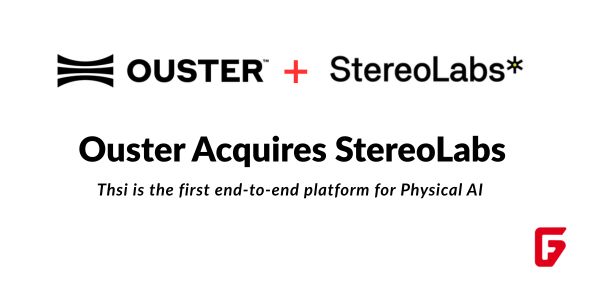
Ouster Acquires StereoLabs: Unified Physical AI Sensing Platform Launches
Ouster’s $35M StereoLabs acquisition fuses lidar and ZED cameras into end-to-end Physical AI sensing. Founders Cecile Schmollgruber and team drive

Bretton AI Lands $75M Series B Funding to Scale AI Agents for Financial Crime and AML/KYC Compliance
Bretton AI’s $75M Series B modernizes AML KYC compliance via AI agents, slashing staffing costs for banks and fintechs like

Axiom Space Raises $350M to Build Commercial Space Station and NASA Spacesuits
Axiom Space has locked in a fresh $350M raise to push its commercial space station and NASA lunar spacesuits toward

Santé Raises $7.6M Seed: AI Fintech Revolution for Wine and Liquor Retail
New York startup Santé secures $7.6M seed to build AI-powered POS for liquor stores, tackling regs & inventory woes after
futureTEKnow is focused on identifying and promoting creators, disruptors and innovators, and serving as a vital resource for those interested in the latest advancements in technology.
© 2026 All Rights Reserved.
![Discover the top 10 AI companies in Germany [1st Edition], revolutionizing industries with cutting-edge technology and innovations.](https://futureteknow.com/wp-content/uploads/2025/02/Top-10-AI-Companies-in-Germany-Leading-the-Tech-Revolution-futureTEKnow.jpg)




